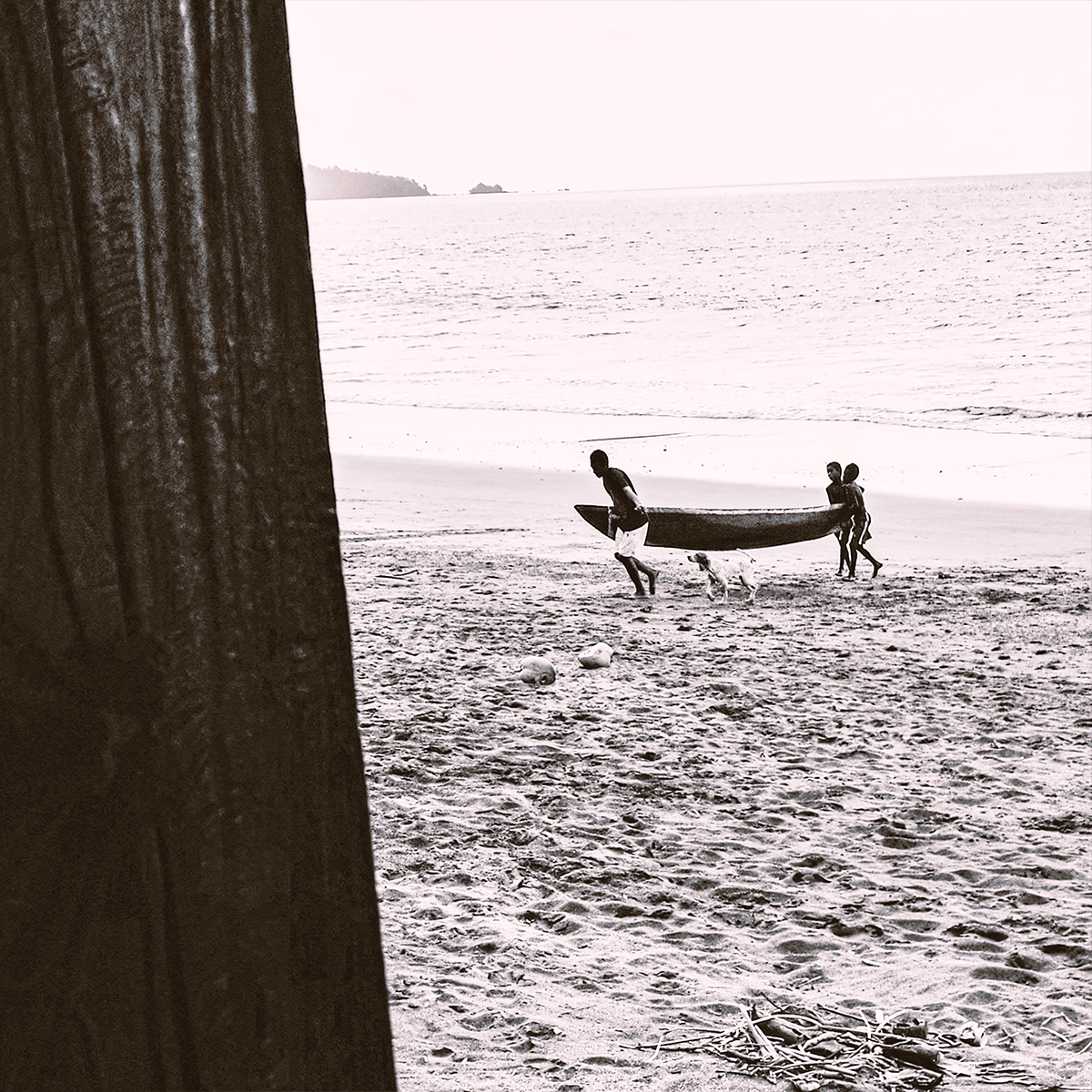
One of the bets of the SUS-TER Project is to originate and dialogue – during the three years of its implementation – with a set of eight specific territories, which constitute the ground wire and a fundamental interlocution for the eight partner universities.
These territories have been chosen based on the following criteria:
The presence of important biocultural assets (identities, cultural heritage, biodiversity, products of origin).
The existence of strategies that are already valuing that biocultural heritage.
The possibility of looking at and understanding the routes of this valorization, in its potential and also critical aspects, and through the lessons learned that have been detached during the time of their maturation.
Previous activities of universities in these territories, from research and university extension / projection.
The presence of a critical mass of organized actors that facilitate dialogue and proposals towards SUS-TER, in the field of training.
The presence of important biocultural assets (identities, cultural heritage, biodiversity, products of origin).
The existence of strategies that are already valuing that biocultural heritage.
The possibility of looking at and understanding the routes of this valorization, in its potential and also critical aspects, and through the lessons learned that have been detached during the time of their maturation.
Previous activities of universities in these territories, from research and university extension / projection.
The presence of a critical mass of organized actors that facilitate dialogue and proposals towards SUS-TER, in the field of training.
Los ocho territorios identificados son los siguientes (entre paréntesis se señalan las universidades socias de SUS-TER que están facilitando la interlocución en cada uno de ellos):
- Garfagnana (Lucca, Toscana), Italia (UNIFI)
- Alt Urgell (Cataluña), España (UB)
- Región Chorotega, Costa Rica (UNA)
- Turrialba Jimenez, Costa Rica (UCR)
- Municipio de Santa Catarina de Minas (Distrito Ocotlán, Oaxaca), México (UNAM)
- Municipio de Chilón (Selva Norte Chiapas), México (IBERO)
- Departamento de Caldas, Colombia (UCALDAS)
- Cuenca del Río Quindío, Cordillera Central de los Andes, Colombia (UNIQUINDIO)
The joint work of universities-territories began with the first two major SUS-TER activities:
The identification of the demands and offers, and of the educational gaps linked to the SUS-TER theme.
The design of the profile and the curriculum of the territorial revitalizer.
The identification of the demands and offers, and of the educational gaps linked to the SUS-TER theme.
The design of the profile and the curriculum of the territorial revitalizer.
Two of these territories (in Colombia and Mexico) will host the territorial Laboratories planned as a face-to-face modality of the two courses that will be developed and validated during SUS-TER.
Diversity & Development, as a partner for all purposes of SUS-TER, in its international character, will not work in a single territory. He will contribute his previous experiences in territories of Latin America, Europe and North Africa, in what refers to the facilitation of territorial based processes and, in particular, to the methodology of capacity development based on territorial learning and the realization of the territorial laboratories.